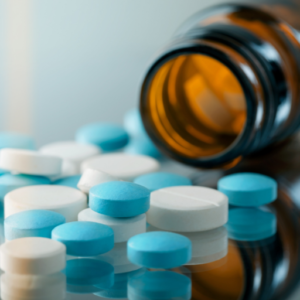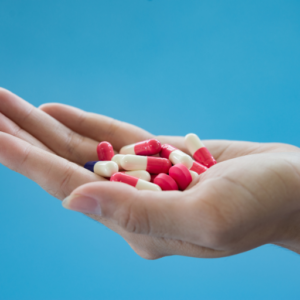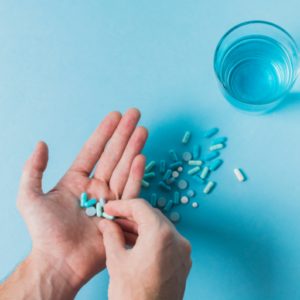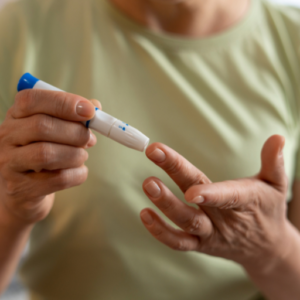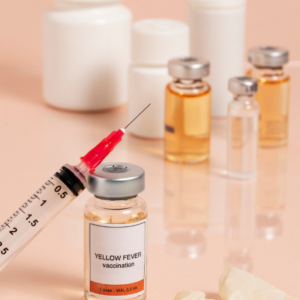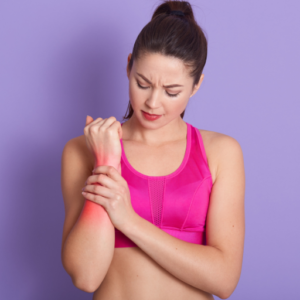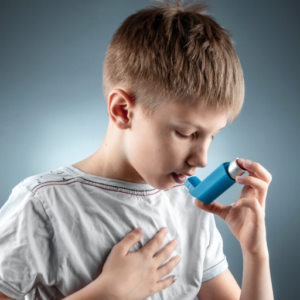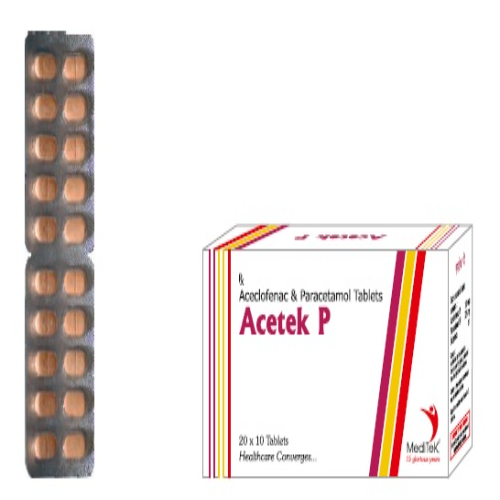Acetek P
| Package | Per tablet | Savings | Price |
|---|---|---|---|
| 180 tablets | $0.15 | $9 | $36 $27 |
| 150 tablets | $0.15 | $7 | $30 $23 |
| 120 tablets | $0.16 | $5 | $24 $19 |
| 90 tablets | $0.17 | $3 | $18 $15 |
| 60 tablets | $0.18 | $1 | $12 $11 |
| 30 tablets | $0.20 | – | $6 |
What is this medicine?
Acetek-P Tablet is a combination of Aceclofenac (a non-steroidal anti-inflammatory drug – NSAID) and Paracetamol (an analgesic and antipyretic). This medicine is used to relieve pain and inflammation in conditions such as osteoarthritis, rheumatoid arthritis, ankylosing spondylitis, dental pain, muscle pain, and fever.
What should I tell my health care provider before I take this medicine?
They need to know if you have any of these conditions:
-
Asthma or other breathing problems
-
Stomach ulcers or bleeding
-
Liver or kidney disease
-
Heart disease or high blood pressure
-
Blood clotting disorders
-
A history of alcohol abuse
-
Dehydration
-
Anemia or blood disorders
-
An unusual or allergic reaction to aceclofenac, paracetamol, NSAIDs, or other medicines, foods, dyes, or preservatives
-
Pregnant or trying to become pregnant
-
Breast-feeding
How should I use this medicine?
Take this medicine by mouth with a glass of water, preferably after meals to avoid stomach upset. Take your doses at regular intervals. Do not take more than prescribed.
Overdosage: If you think you have taken too much of this medicine, contact a poison control center or emergency room at once.
What if I miss a dose?
If you miss a dose, take it as soon as you remember. If it is almost time for your next dose, take only that dose. Do not take double or extra doses.
What may interact with this medicine?
-
Other NSAIDs (e.g., ibuprofen, naproxen)
-
Blood thinners (e.g., warfarin)
-
Corticosteroids (e.g., prednisolone)
-
Methotrexate
-
Lithium
-
Diuretics
-
Antihypertensives (e.g., ACE inhibitors, beta-blockers)
-
Alcohol
-
Cholestyramine
-
Certain antibiotics (e.g., chloramphenicol)
This list may not describe all possible interactions. Give your health care provider a list of all the medicines, herbs, non-prescription drugs, or dietary supplements you use. Also tell them if you smoke, drink alcohol, or use illegal drugs. Some items may interact with your medicine.
What should I watch for while using this medicine?
-
Visit your doctor or health care professional for regular monitoring, especially if you take this medicine long-term.
-
Avoid alcohol while taking this medicine—it increases the risk of liver damage and stomach bleeding.
-
Inform your doctor if you develop black or bloody stools, severe stomach pain, or yellowing of skin or eyes.
-
Do not take additional paracetamol-containing products without consulting your doctor—it may lead to overdose.
-
This medicine may cause dizziness. Avoid driving or operating machinery until you know how it affects you.
-
Use the lowest effective dose for the shortest duration possible.
What side effects may I notice from this medicine?
Side effects that you should report to your doctor or health care professional as soon as possible:
-
Signs of an allergic reaction (rash, itching, swelling of face/lips/tongue/throat, difficulty breathing)
-
Severe stomach pain or vomiting blood
-
Yellowing of skin or eyes (jaundice)
-
Unusual bruising or bleeding
-
Chest pain, shortness of breath
-
Vision changes
Side effects that usually do not require medical attention (report if persistent or bothersome):
-
Nausea
-
Vomiting
-
Indigestion
-
Diarrhea or constipation
-
Dizziness
-
Headache
-
Mild skin rash
This list may not describe all possible side effects.
Where should I keep my medicine?
-
Keep out of the reach of children.
-
Store at room temperature between 20 and 25 degrees C (68 and 77 degrees F).
-
Protect from light and moisture.
-
Do not use expired medicine. Dispose of properly if no longer needed.




